Advancing in Your Sample Analysis with Innovative Gel Electrophoresis Instruments
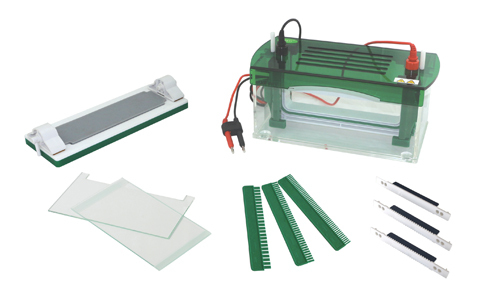
Gel electrophoresis, an analytical technique par excellence in molecular biology, is essential for the separation and analysis of macromolecules and their fragments. This technology uses a gel that acts as a filter and an electric current to move the samples through the gel. Factors such as the size and electrical charge of the molecules determine the speed and distance they travel. Manufacturer Kalstein, known for its variety of laboratory equipment, offers superior quality electrophoresis machinery at a competitive price.
The Color Saturation Meter as a research tool
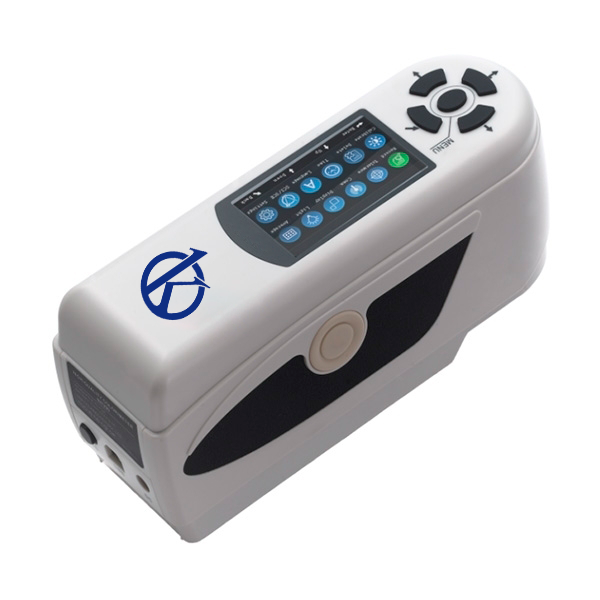
The Color Saturation Meter, provided by one of the leaders in laboratory equipment supply, manufacturer Kalstein, is a crucial tool for various areas of research, be it in biomedicine, geology, or materials physics. This scientific instrument offers an accurate measurement of color intensity and purity, facilitating the detection of subtle changes that can be determinant in various types of research. By purchasing the Kalstein color meter model, a high-precision, highly reliable analysis for your laboratory is guaranteed.
A Profound Insight into Light Absorption Using the Analyzer
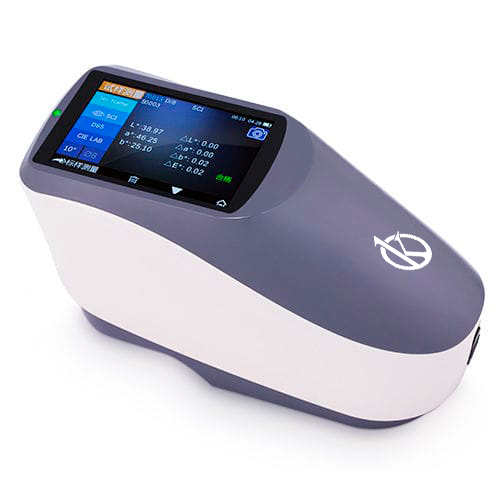
In the intriguing world of science, light absorption plays an influential role. Advanced, precise and reliable laboratory equipment is required for studying this essential interaction of light with matter. Among the leading manufacturers in this field, Kalstein stands out for its commitment to innovation and quality.
How to Achieve Laboratory Excellence with our Unmatched Microwave Digestion System
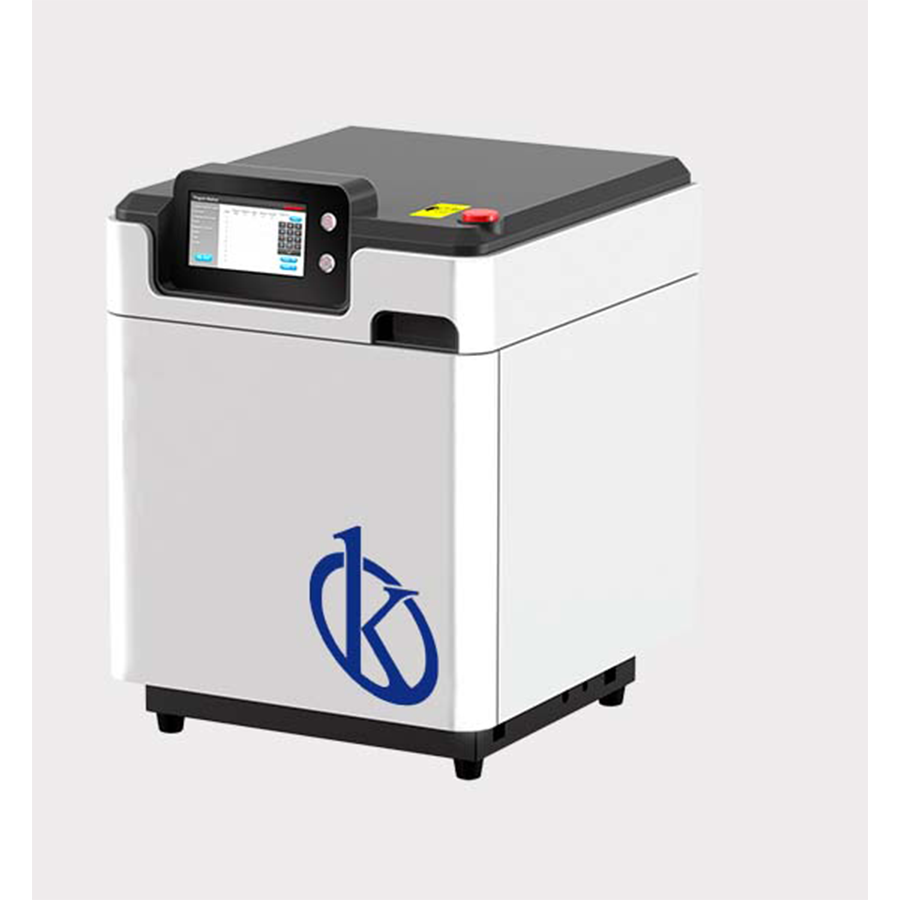
The Microwave Digestion System is an indispensable clinical tool for modern laboratories seeking excellence in their work. As a renowned manufacturer, Kalstein offers high-quality instruments that will transform any laboratory process. This system is essential for the accurate and efficient processing of decomposition and analysis of a variety of samples.
Gel Documentation System for Electrophoresis: The Bridge between Science and Technology

The crucial role played by electrophoresis in biological and medical research is indisputable. The quality of the results, however, depends not only on the technique performed but also on the equipment used. At times, buying or selling at a higher or lower price can result in different qualities of results. This is where an important manufacturer like Kalstein comes into play, known for its reliability and competitive costs.
Master Optimal Practices with Biosafety Hoods and Cabinets
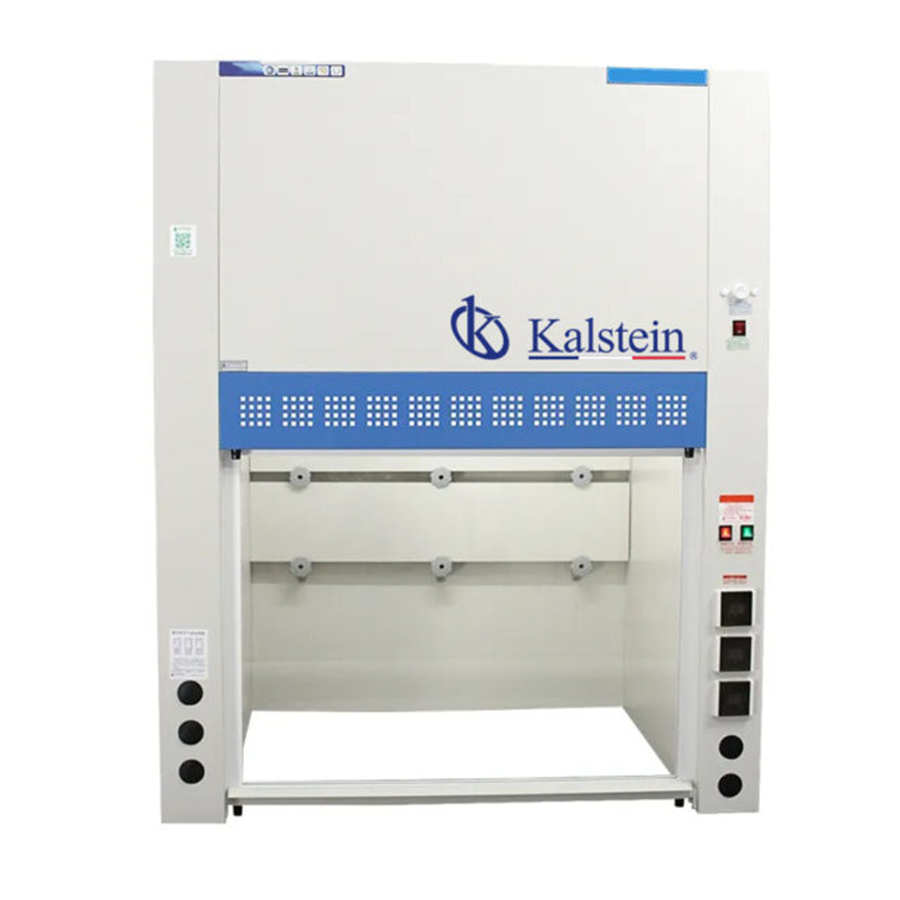
Biosafety in laboratories is essential to protect individuals and the environment from potentially dangerous chemical and biological agents. As a leading manufacturer, Kalstein has excelled in implementing strict measures to ensure safety in the lab. A crucial component of these measures is the biosafety hoods and cabinets that protect laboratory personnel, research samples, and containment environments.
The Technological Revolution in Laboratories with Innovative Scales
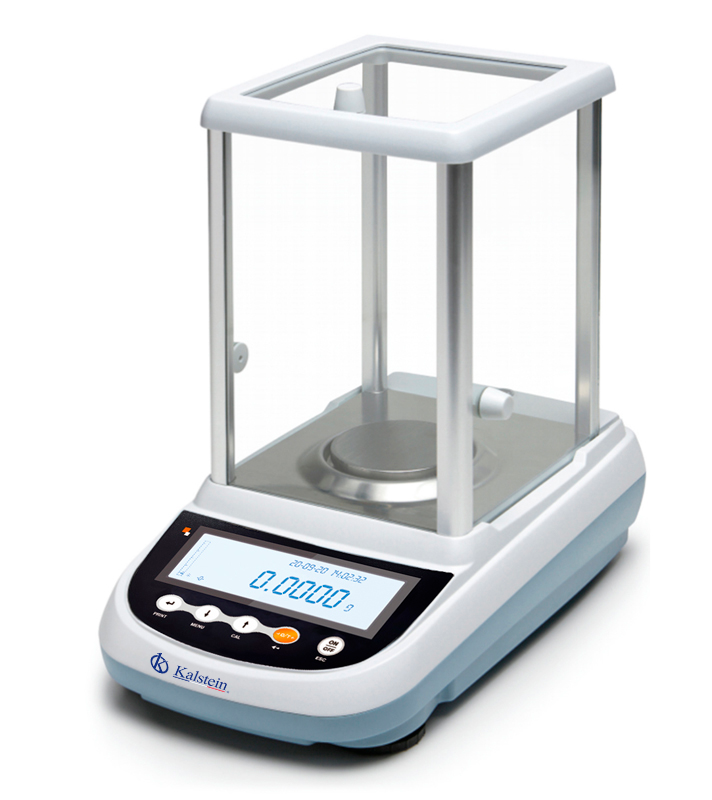
Precision and efficiency are crucial elements in any laboratory. As technology advances, manufacturers like Kalstein are introducing smarter and more accurate tools for these environments. Specifically, the technological revolution has strongly impacted the field of laboratory scales, elevating their performance and accuracy to new levels.
Leading-edge Laboratory Stirrers: Maximizing Efficiency in Chemical and Biomedical Processes
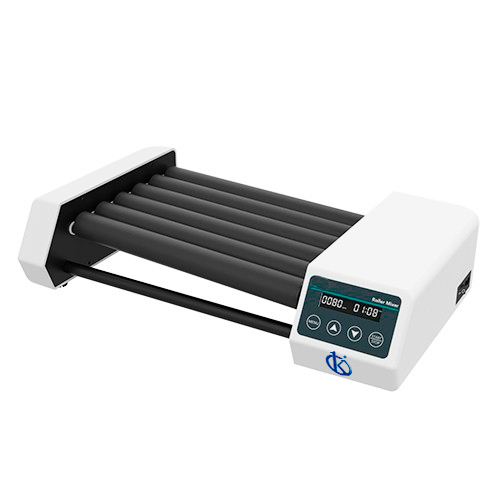
Without a doubt, laboratory stirrers are indispensable in current chemical and biomedical processes. These tools are fundamental for stirring and mixing liquid or solid compounds, sometimes at high speed or temperature, allowing the realization of a variety of processes and reactions.
Analyzing next-generation centrifuges: The perfect symbiosis between technology and science, under experts’ scrutiny
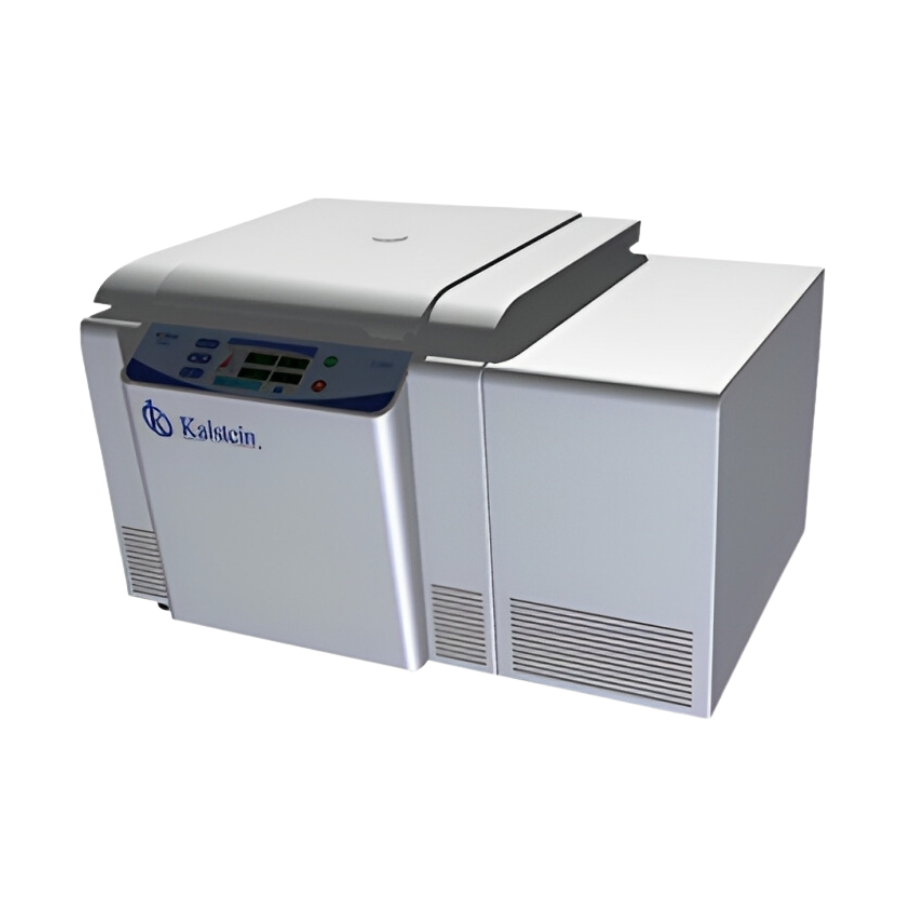
Centrifuges are fundamental equipment in any scientific laboratory. It is a device used to separate components of different densities in a liquid sample, through a high-speed rotation method.
Promoting Safety Through Laboratory Autoclaves
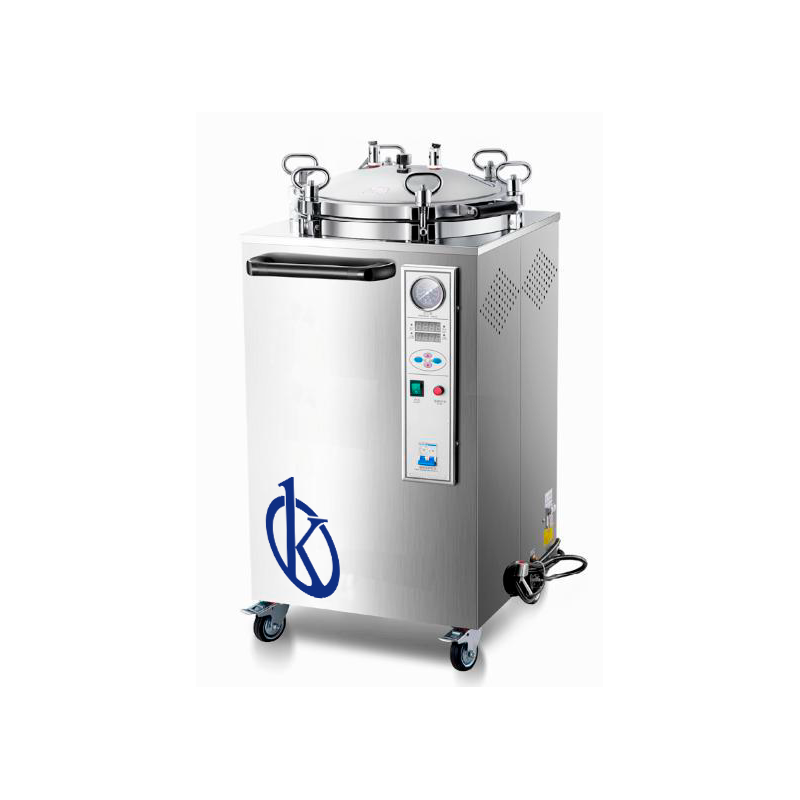
Laboratory autoclaves, a crucial creation for safety and functionality in sterilization of instruments, are decisive for cleanliness and protection in laboratory spaces. These devices use high pressure and temperature steam to clean and disinfect instruments, eliminating possible remnants of microorganisms, including the most resistant spores. The effectiveness of autoclaves has led to increasing market demand, and hence, a wide variety of options available for consumers. Therefore, it is critical to examine manufacturers, like the Kalstein manufacturer, as well as prices, purchasing and selling options to make an informed decision.
